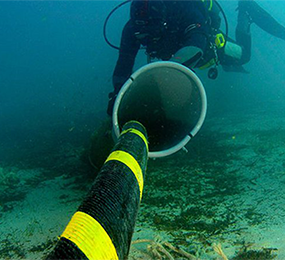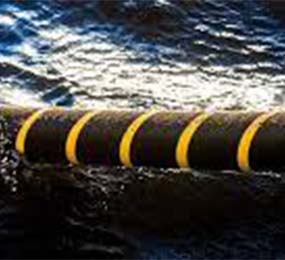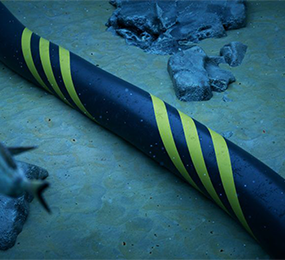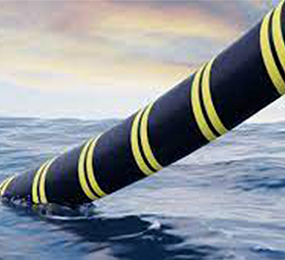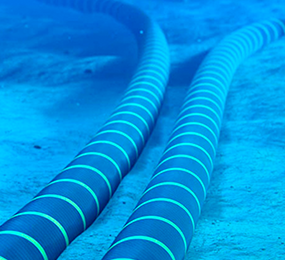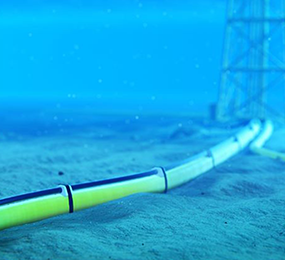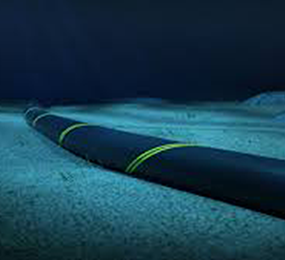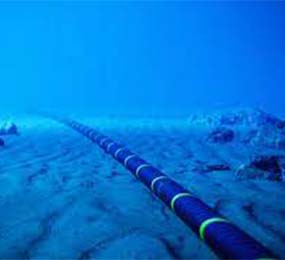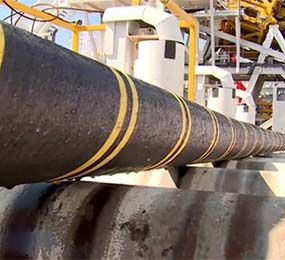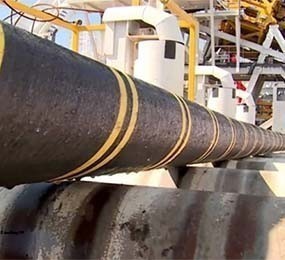Regulatory Frameworks and Policy Considerations for Submarine Power Cable Projects
Submarine power cable projects, which interconnect islands and remote regions, require robust regulatory frameworks and thoughtful policy considerations to ensure their successful implementation. These frameworks serve as the guiding principles for managing the complex challenges associated with submarine cable installation, operation, and maintenance.
One key aspect of regulatory frameworks is permitting and environmental regulations. Authorities must assess the potential impact on marine ecosystems and coastal areas before granting permits for cable installation. Environmental protection measures, such as routing studies, seabed surveys, and monitoring plans, are essential to minimize ecological disruption and preserve biodiversity.
Additionally, policy considerations must address legal and jurisdictional aspects. Clear agreements and protocols are needed to define the rights and responsibilities of stakeholders, including cable owners, operators, and relevant governmental bodies. Jurisdictional coordination between countries or regions involved in the project is crucial to ensure seamless integration and efficient management of the submarine cable network.
Furthermore, financial and economic policies play a vital role. Governments may provide incentives, grants, or subsidies to encourage private investment in submarine cable projects. Cost-recovery mechanisms and tariff structures should be established to ensure the long-term sustainability of the projects while balancing affordability for end-users.
Security and resilience are also critical policy considerations. Governments and cable operators must collaborate to safeguard the submarine cables from potential threats, such as sabotage, piracy, or accidental damage. Emergency response plans and maintenance strategies need to be in place to ensure a quick restoration of services in case of disruptions.
International cooperation and coordination are essential for submarine cable projects that traverse multiple jurisdictions or cross international boundaries. Collaborative frameworks, agreements, and standards are necessary to address legal, technical, and operational challenges that arise from cross-border interconnections.
In conclusion, regulatory frameworks and policy considerations play a vital role in facilitating the successful implementation of submarine power cable projects. They ensure environmental protection, define legal and jurisdictional responsibilities, support financial viability, enhance security and resilience, and foster international cooperation. By establishing comprehensive and forward-thinking regulatory frameworks, we can unlock the potential of submarine power cables to connect remote communities, drive sustainable development, and foster a more interconnected world.
Visit our website to know more: https://www.leadventgrp.com/events/2nd-annual-submarine-power-cable-and-interconnection-forum/details
For more information and group participation, contact us: [email protected]
Leadvent Group - Industry Leading Events for Business Leaders!
www.leadventgrp.com| [email protected]


